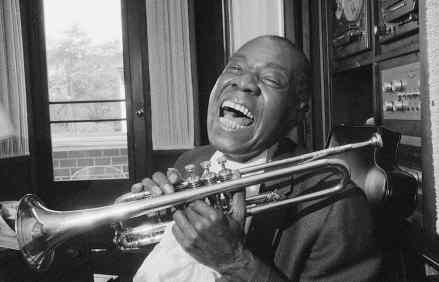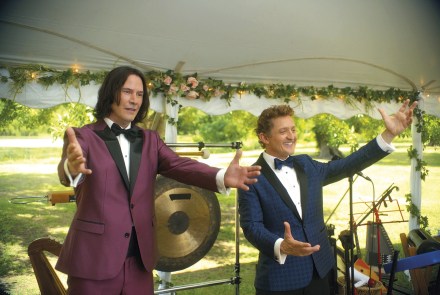When did cheerfulness get so miserable?
We’ve all met the sort of facetious oaf who orders any non-giggling woman to ‘Cheer up, love, it might never happen’. As Timothy Hampton grasps, enforced cheeriness feels about as much fun as compulsory games. His invigorating book about the quest for true cheerfulness in literature and philosophy dismantles the various ‘prosthetic or counterfeit’ versions of the real thing that bullies, bosses, self-help gurus and household tyrants inflict on their victims. Jane Austen’s heroines, as he shows, chafe against the elevation of cheerfulness into a ‘social norm’. It suffocates them like stays: ‘Thou shalt be cheerful, at least if thou art woman.’ For sound reasons, the prospect of cheerfulness fails



